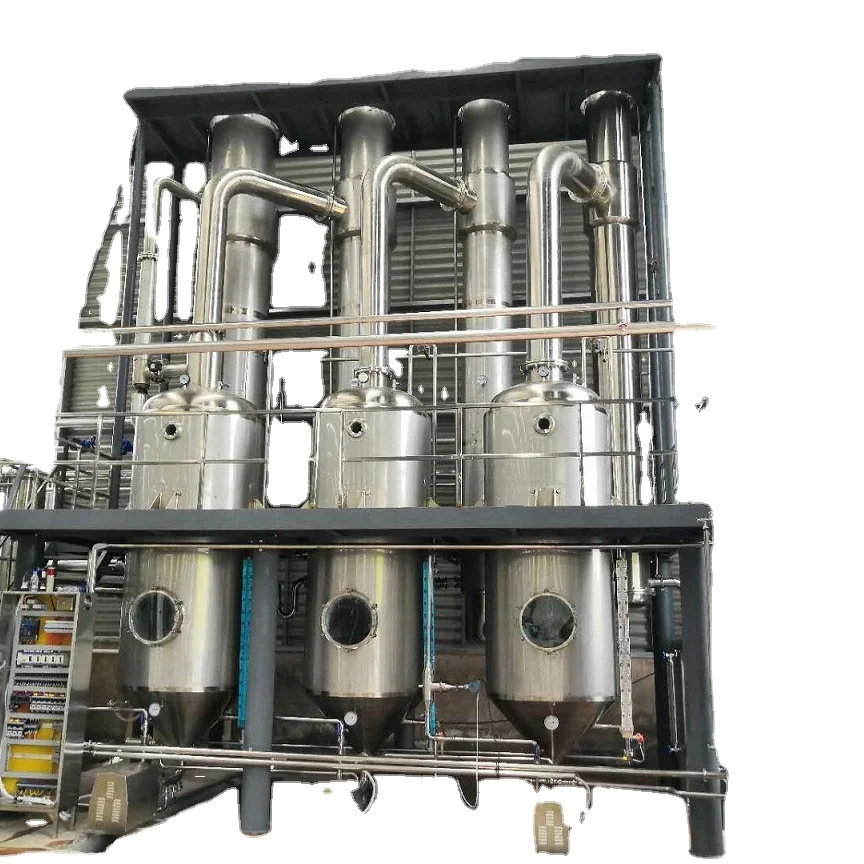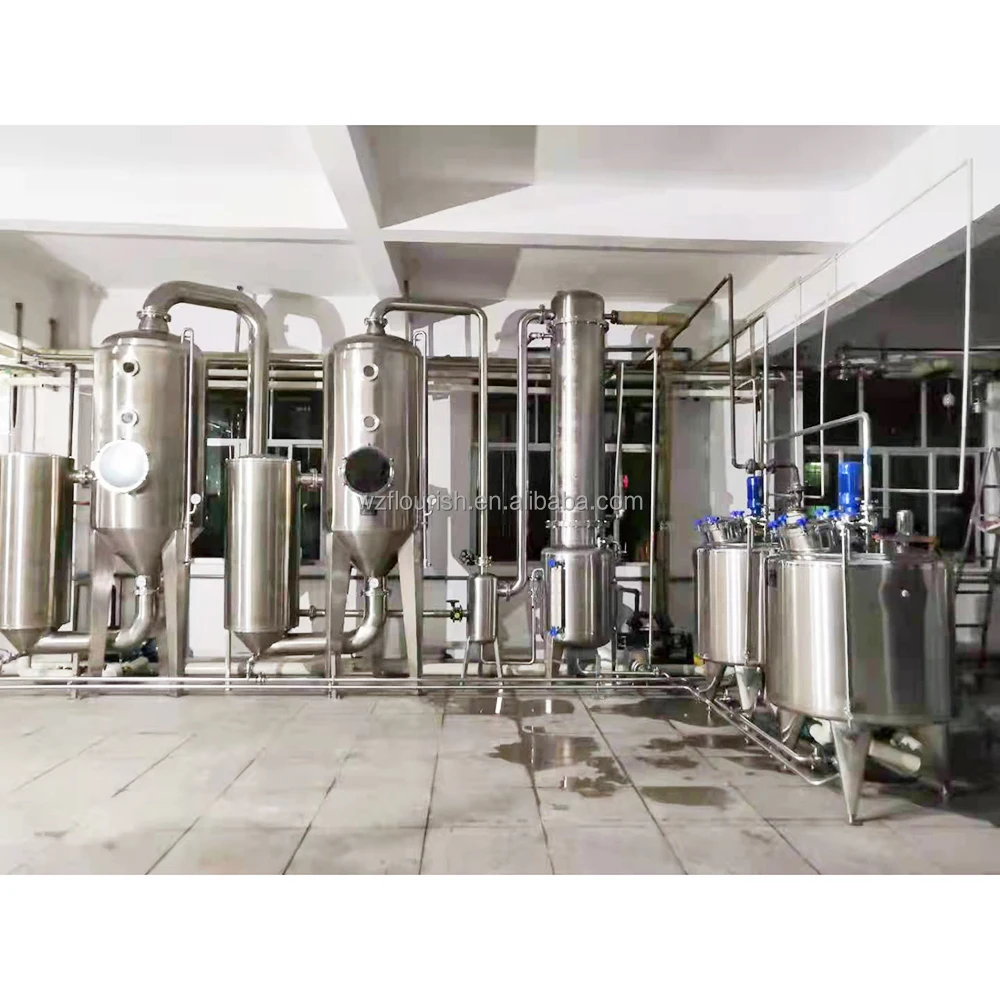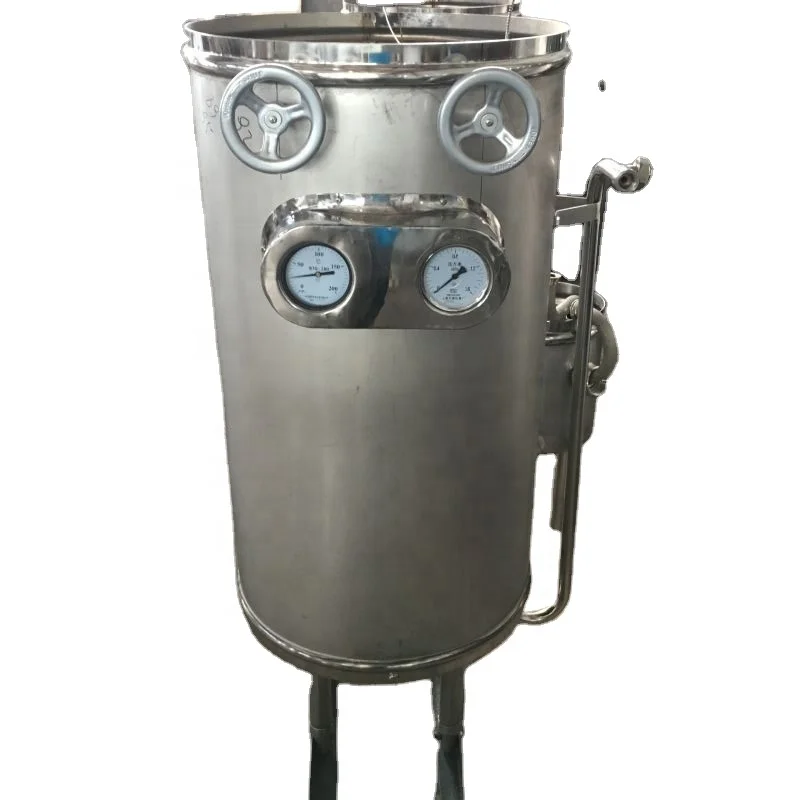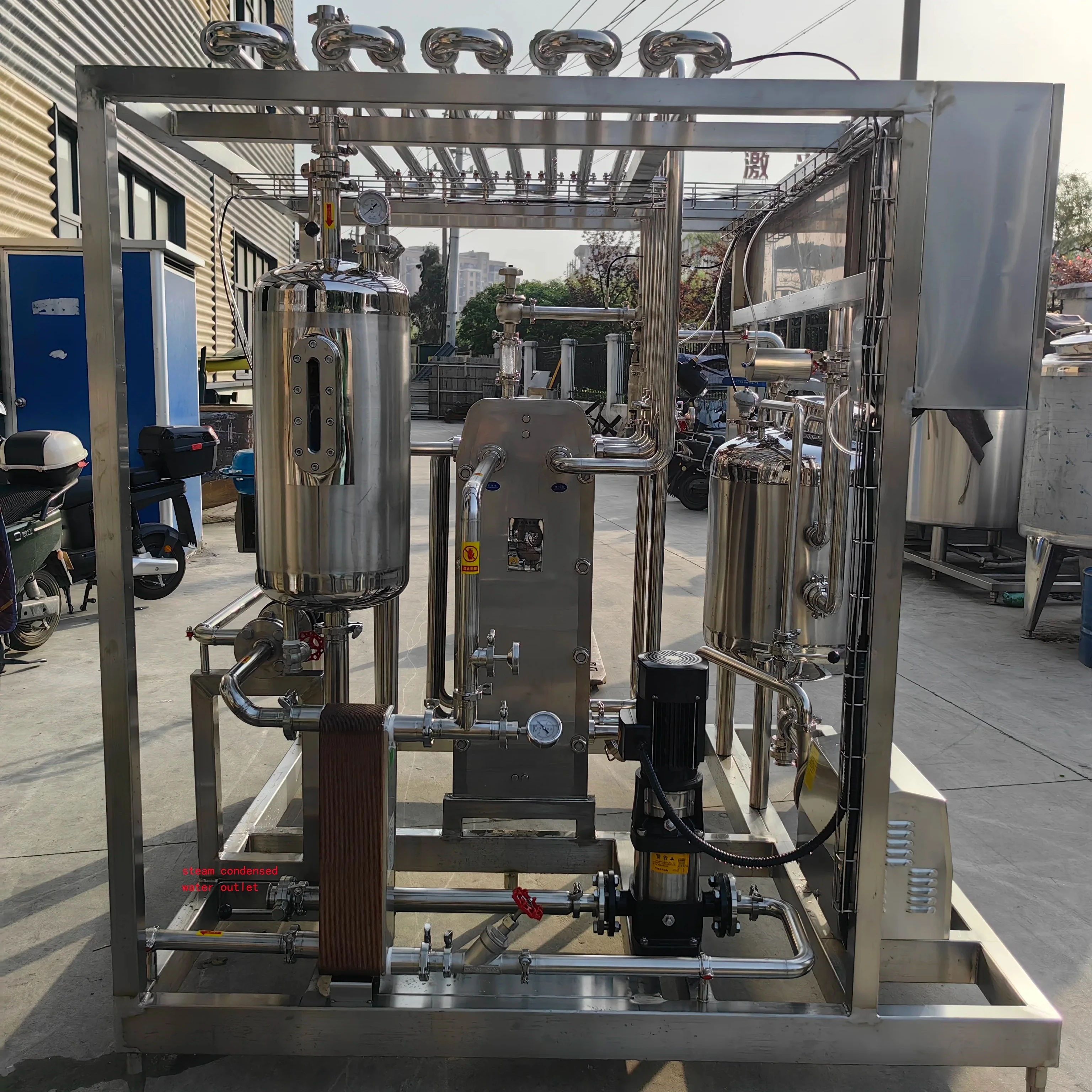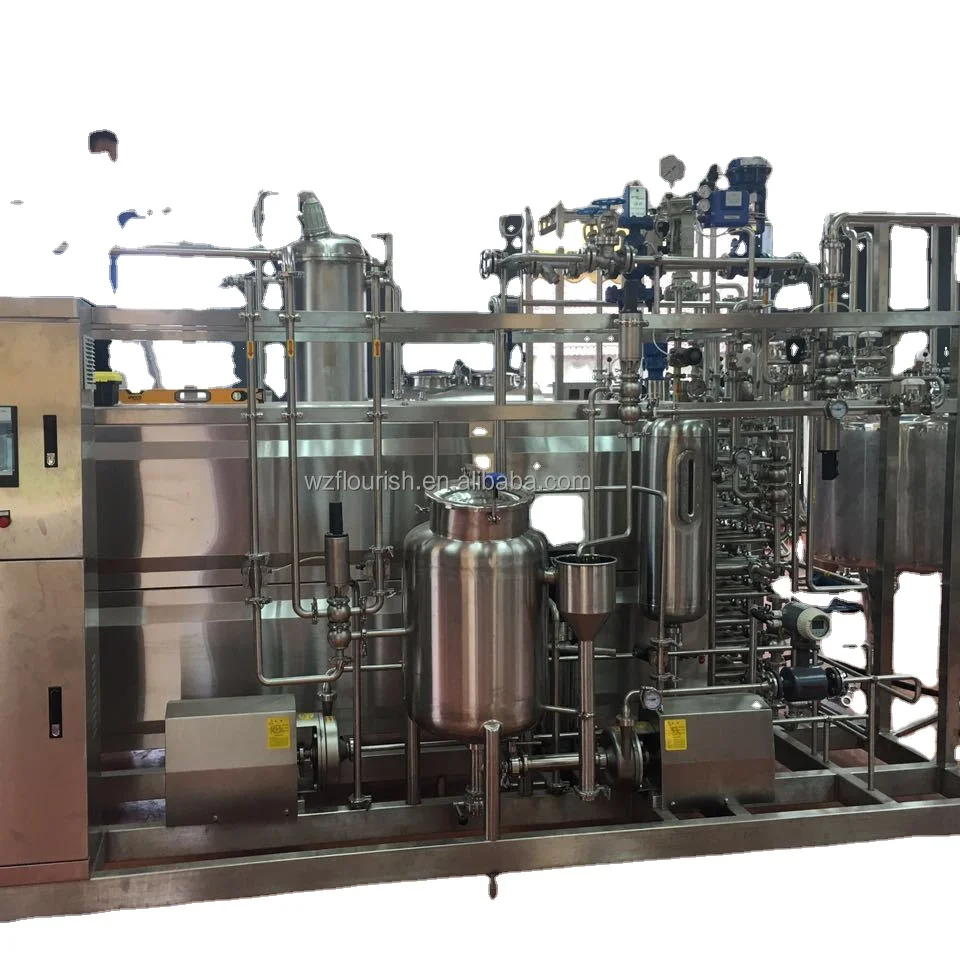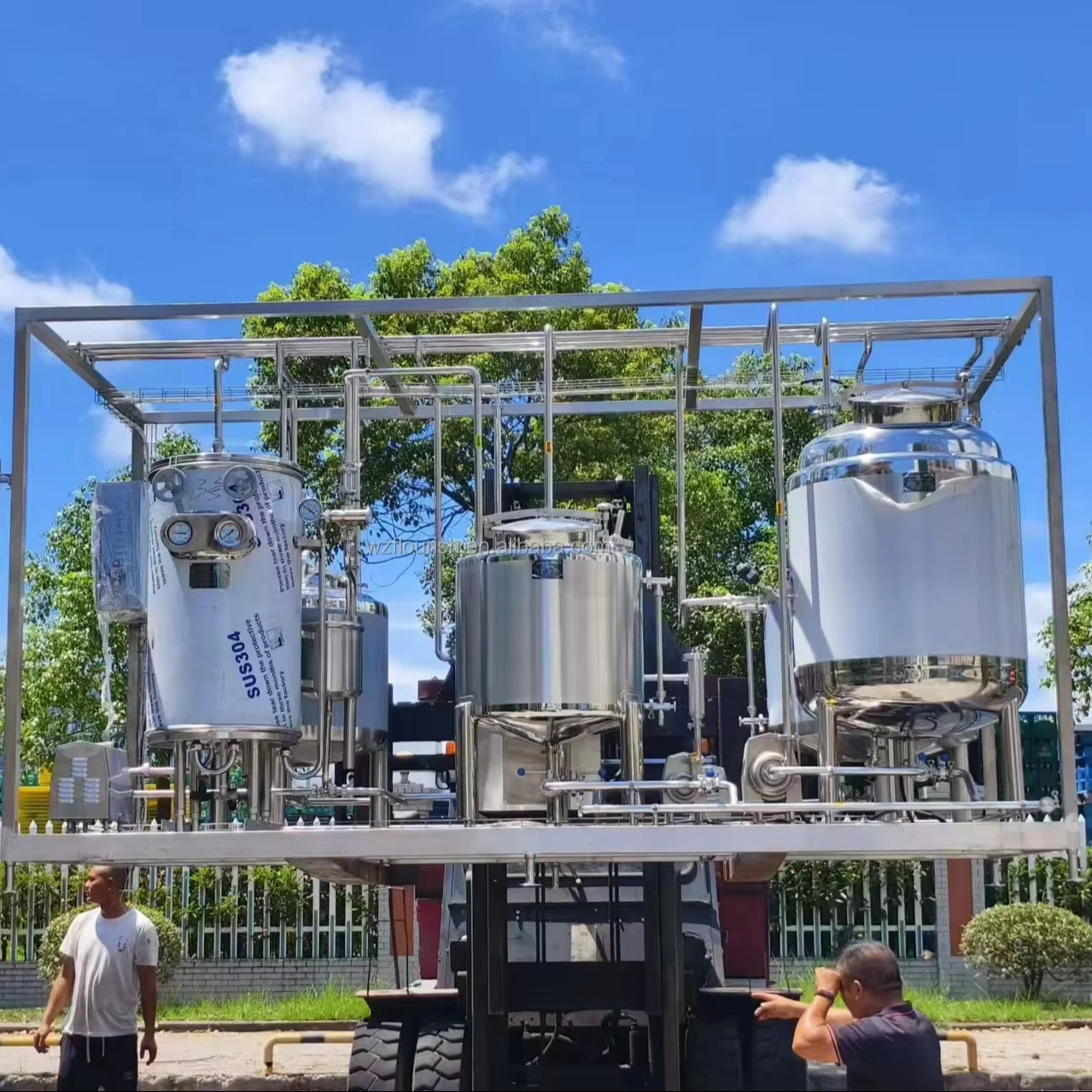ABOUT
Wenzhou Vince Machinery Science Co., Ltd. was established in early 1980s. Our company covers an area of 6500 square meters and is an independent legal representative firm, possessing rich economic technology strength. Our company is a high tech enterprise and plays an important role in national dairy, foodstuff, pharmacy and machinery industries. We are a beverage machinery supplier.
Since the establishment, our company has mainly engaged in dairy products, foodstuff, beverage machinery, bean products, yellow wine, medicines and fermentation projects. What's more, our company supplies a complete sequence services in manufacturing, installation, test and personnel train, as well as the whole direction service design and consulting service on product project construction or enlargement artistic distribution engineering sets budget.
PRODUCTS
UHT Sterilizers Meeting Global Standards
Safety and Hygiene Standards
Meeting global standards for UHT sterilizers begins with stringent safety protocols throughout the entire sterilization process. This involves robust design features to prevent contamination. Sterilizers must incorporate materials resistant to high temperatures and pressures, preventing leaching of harmful substances into the processed product. Regular inspections and maintenance are critical to ensuring the ongoing integrity of these systems, preventing leaks or malfunctions that could compromise sterility. These regular checks often involve rigorous testing protocols, meticulously documented and audited to demonstrate compliance with relevant international standards like ISO 9001 (quality management) and ISO 14001 (environmental management).
Beyond the machinery itself, stringent hygiene practices surrounding the UHT sterilization process are equally crucial. This includes comprehensive cleaning and sanitization procedures before, during, and after each sterilization cycle. Effective cleaning protocols are designed to eliminate any potential bacterial build-up within the system, preventing cross-contamination. Sanitization steps frequently involve the use of approved chemicals and processes to achieve a high level of microbial reduction. These sanitation protocols are regularly validated to ensure their efficacy in maintaining a sterile processing environment.
Technological Advancements and Process Control
Modern UHT sterilizers incorporate advanced technologies to ensure precise temperature and pressure control throughout the sterilization process. This precision is critical to achieving the required level of lethality against microorganisms while minimizing the negative impact on product quality, such as undesirable changes in flavor, texture, or nutritional value. Sophisticated sensors and control systems monitor and record key parameters in real-time, providing a detailed audit trail for traceability and quality assurance. Data logging capabilities are essential for compliance with international food safety regulations.
Continuous improvement in UHT sterilization technology allows for greater energy efficiency and reduced processing times. Innovations such as direct steam injection and indirect heating systems offer improved control and reduced energy consumption, resulting in a more sustainable and cost-effective sterilization process. This ongoing technological development is a key factor in ensuring that UHT sterilizers remain compliant with evolving global standards.
Regulatory Compliance and Certification
Meeting global standards necessitates compliance with a range of international regulations and certifications. These vary depending on the specific geographical region and the type of product being processed, but generally involve adherence to standards set by organizations such as the FDA (Food and Drug Administration) in the United States and the EFSA (European Food Safety Authority) in Europe. These standards cover various aspects of food safety, including microbial limits, labeling requirements, and good manufacturing practices (GMP).
Achieving relevant certifications, such as ISO certifications and HACCP (Hazard Analysis and Critical Control Points) accreditation, provides independent verification of compliance with global standards. These certifications demonstrate a commitment to quality and safety, building consumer confidence and facilitating access to international markets. Regular audits and inspections by certification bodies ensure the ongoing validity of these certifications and provide an external check on the effectiveness of the implemented quality management systems.
The Future of UHT Sterilization
The future of UHT sterilization lies in continuous innovation driven by the evolving needs of the food and beverage industry. Further improvements in process control, energy efficiency, and waste reduction are anticipated. The integration of advanced technologies such as automation and artificial intelligence is also expected to play a significant role in enhancing the safety, efficiency, and sustainability of UHT sterilization processes, ensuring these systems remain at the forefront of global food safety standards.
SUBSCRIBE
INQUIRY

